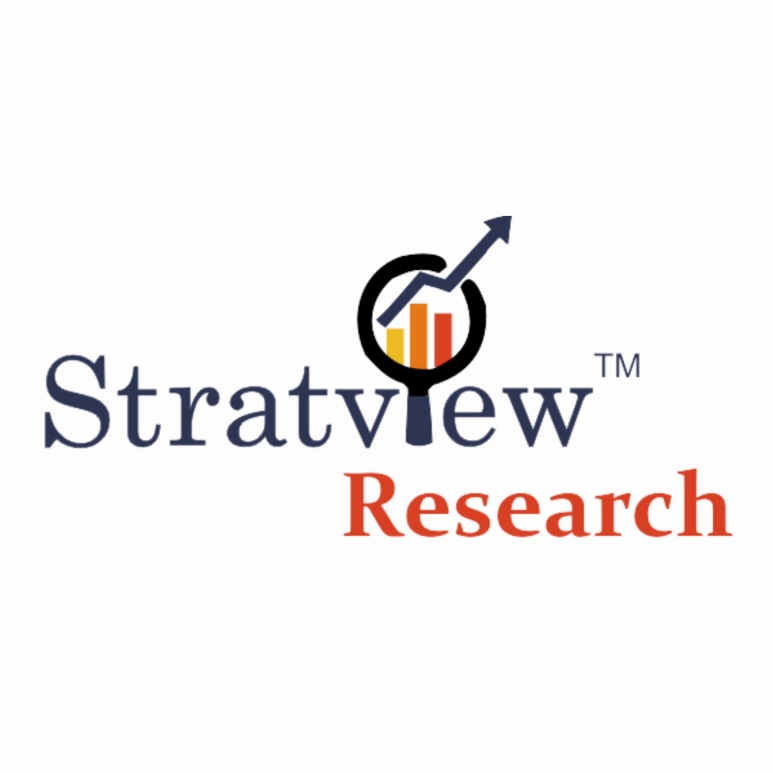North America - Largest Share for Carrier Screening Market

The carrier screening market was estimated at US$ 1.41 billion in 2021 and is expected to grow at a CAGR of 11.28% during 2022-2028 to reach US$ ~3.81 billion in 2028.
The carrier screening market refers to the market for genetic tests that are performed to identify carriers of genetic mutations that can cause inherited diseases. Carrier screening is typically done before or during pregnancy to determine the risk of passing on genetic disorders to offspring.
The market includes various types of carrier screening tests, such as prenatal carrier screening, preconception carrier screening, and expanded carrier screening. The carrier screening market is expanding due to the increasing prevalence of genetic diseases, advancements in genetic testing technologies, rising awareness about genetic diseases, and growing demand for personalized medicine.
The carrier screening market was estimated at US$ 1.41 billion in 2021 and is expected to grow at a CAGR of 11.28% during 2022-2028 to reach US$ ~3.81 billion in 2028.
The market is divided based on product & service, type, medical condition, and technology. On the basis of product & service, the market is segmented into products and services.
On the basis of technology, the market is divided into polymerase chain reaction and microarrays.
On the basis of type, the market is divided into expanded carrier screening and targeted disease carrier screening.
On the basis of application, the market is further segmented into pulmonary conditions, hematological conditions, neurological conditions, and others.
The carrier screening market is broken down geographically into areas like North America, Europe, Asia-Pacific, and the Rest of the World (RoW). North America has the greatest market share due to increased healthcare infrastructure, rising per capita income, and improved reimbursement policies in the region. The Asia-Pacific area, on the other hand, is expected to develop at the quickest CAGR throughout the projection period.
Request a sample here:
https://www.stratviewresearch.com/Request-Sample/3141/carrier-screening-market.html#form
The carrier screening market is expected to grow significantly in the coming years, driven by various factors such as increasing prevalence of genetic diseases, advancements in genetic testing technologies, and growing demand for personalized medicine. The future outlook for the carrier screening market is promising, and here are some of the key trends and developments that are expected to shape the market in the coming years:
- Increasing Adoption of Next-Generation Sequencing (NGS) Technology: Next-generation sequencing technology has revolutionized the field of genetic testing, and it is expected to play a significant role in the carrier screening market. NGS technology can analyze multiple genes simultaneously, which can increase the accuracy and efficiency of carrier screening tests.
- Growing Demand for Direct-to-Consumer (DTC) Testing: Direct-to-consumer genetic testing is becoming increasingly popular, and it is expected to contribute to the growth of the carrier screening market. DTC testing can provide individuals with information about their genetic risk for certain diseases, including carrier status, which can enable them to make informed decisions about family planning.
- Expansion into Emerging Markets: Emerging markets such as Asia-Pacific and Latin America are expected to present significant growth opportunities for the carrier screening market. These regions have a high prevalence of genetic disorders, and increasing awareness about genetic testing is expected to drive demand for carrier screening services.
- Focus on Developing Companion Diagnostics: Companion diagnostics are becoming increasingly important in the field of personalized medicine, and they are expected to play a significant role in the carrier screening market. Developing companion diagnostics that can identify patients who are most likely to benefit from a particular treatment can increase the efficacy of treatment and improve patient outcomes.
- Increased Adoption of Non-Invasive Prenatal Testing (NIPT): Non-invasive prenatal testing (NIPT) is a type of carrier screening that can detect genetic abnormalities in the fetus using a blood sample from the mother. NIPT is becoming increasingly popular, and it is expected to contribute to the growth of the carrier screening market.
In conclusion, the carrier screening market is expected to grow significantly in the coming years, driven by various factors such as advancements in genetic testing technologies, increasing prevalence of genetic diseases, and growing demand for personalized medicine. Next-generation sequencing technology, direct-to-consumer testing, expansion into emerging markets, development of companion diagnostics, and increased adoption of non-invasive prenatal testing are some of the key trends and developments that are expected to shape the market in the coming years.